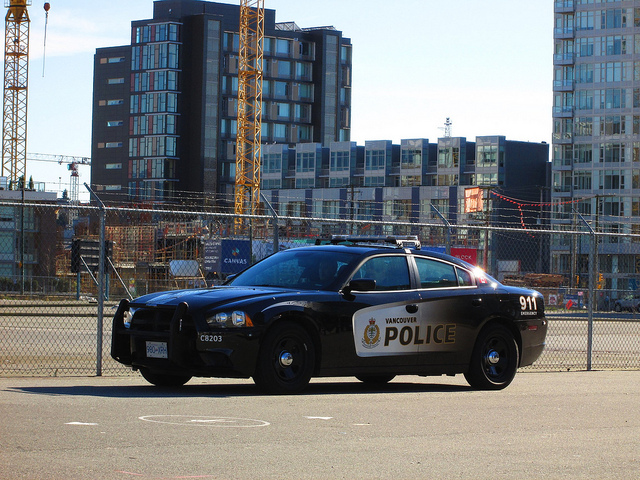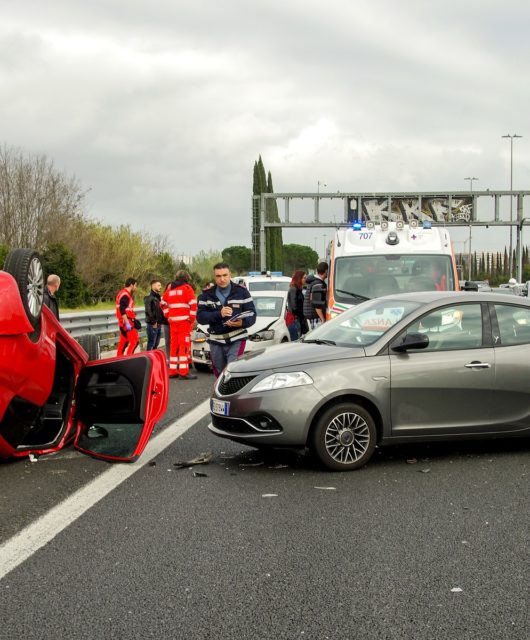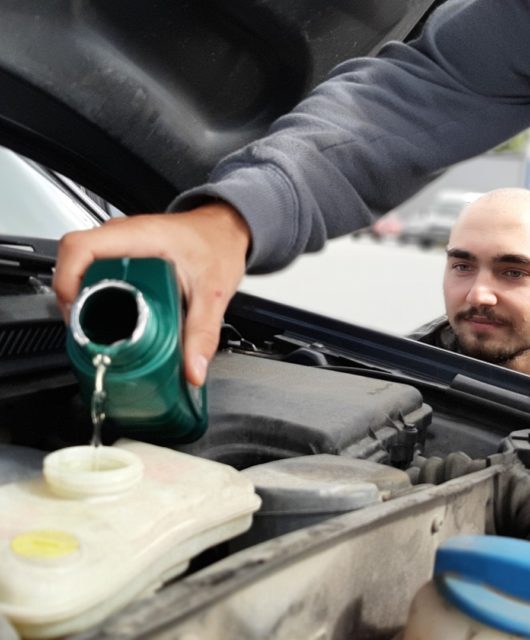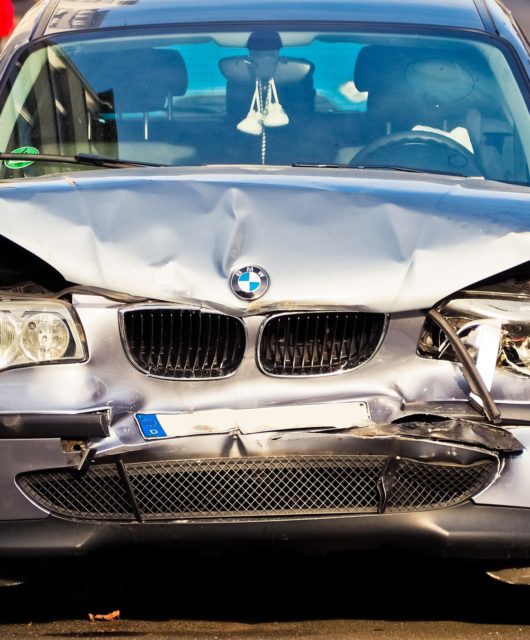What to Do If You Are Caught by a Speed Camera

Most drivers have been there at some point – running late for work or the school run and trying to make up time when that flash goes off in the rear view. Then, it’s two weeks of watching the post for a lovely letter from your local police.
What to do once The Letter arrives
When the letter arrives, you’ll want someone who can help with a Notice of Intended Prosecution, which is the official name of the letter. If you were flashed by a camera rather than stopped by the police, the Notice of Intended Prosecution (NIP) goes to the registered keeper of the vehicle, which may be your company rather than you. The NIP sets out the details of the alleged offence.
You now have a few choices
You could pay a fine
Most speeding offences result in a Fixed Penalty Notice, or fine, of £100. You can pay this and accept the three points if you agree you were speeding, or you can contest the charge in court.
If you’re accused of driving well above the speed limit, you’ll probably go to court, where you could face a maximum fine of £1,000 (£2,500 for motorway speeding). Court-imposed fines vary as they take into account your speed, the circumstances of the offence, your previous record and income
Those pesky points
Your fine might be small, but points will linger for at least three years on your licence. You can apply to have them removed after four years, but while they’re there they will bump up your insurance premiums and if you get more than 12 in three years then you’ll face possible disqualification.
Attend a speed awareness course
Many police forces offer these courses instead of fines and points. You’ll pay for the course yourself and it’ll show you the potential consequences of speeding for yourself and others.
If you’re taken to court
If you were well over the speed limit, already have nine or more points on your licence and have attended a speed awareness course, a speeding allegation will almost certainly go to Court.
You can always represent yourself, but this rarely has a successful outcome as you won’t have the legal knowledge or the experience to navigate the prosecution. This is when you should call a specialist motoring solicitor.









